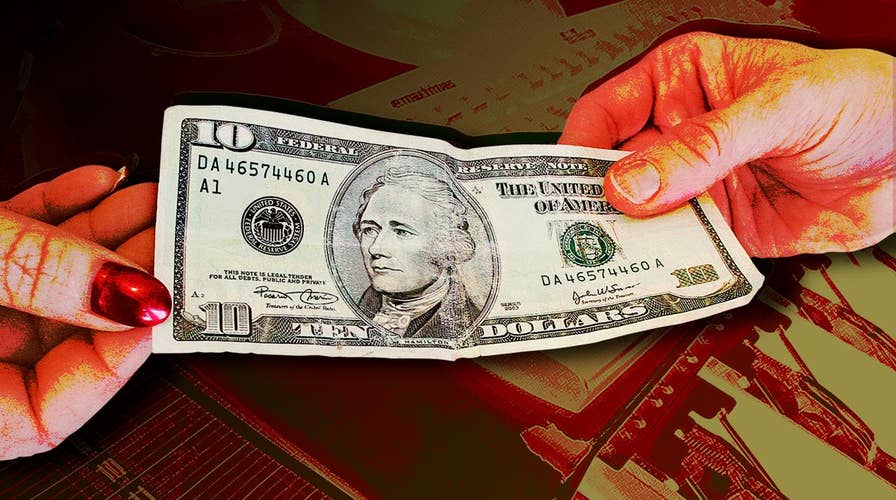Just over one hundred days into a new administration, what are American businesses thinking? What do they need to succeed? What public policies will help them spur greater economic growth?
One of the U.S. Chamber’s top priorities is to listen to Main Street businesses—and make sure Washington listens to them as well. In conjunction with our state and local partners, the U.S. Chamber invited hundreds of businesses to share their ideas on how to boost economic growth in a series of meetings across the country.
During the first quarter of 2017, events were held in Chicago, Phoenix, Baton Rouge, Atlanta, and Detroit. Topics included energy, health care, capital markets, workforce and education, innovation, and entrepreneurship.
In our discussions with these Main Street businesses, there were five key takeaways:
First, businesses are optimistic about the future and maintain a “can do” attitude. Many are excited about having a businessman in the White House. Many see the economy beginning to come back to life as regulations are reduced and a real prospect for tax reform comes into view. A business owner in Georgia told us, “It’s busy; it’s cranking.”
Second, despite their renewed optimism, businesses tell us tax and regulatory burdens impede their growth and success. A business owner in Michigan said: “There will always be regulation, but it doesn’t have to be so burdensome. There will always be taxes, but they don’t have to be so punitive. Give us an opportunity to grow our business and let us be able to reinvest and hire people.”
Third, finding qualified workers is the single biggest challenge facing business. We are a nation of people without jobs and jobs without people. Businesses can’t find workers with the proper education and skills to fill openings. This is an anchor on their growth and is undermining our economy.
Many businesses expressed strong support for shoring up our K–12 education system and bolstering vocational and technical training, as well as apprenticeships. Said one business owner from Louisiana: “College is not for everyone. We need more vocational and tech training. Our society feels a college degree should be obtained by everyone, and it shouldn’t. God made us all different, and we all have different talents.”
Fourth, businesspeople have a true passion for our free enterprise system. Many argued that they never would have been able to go into business, fail, try again, and succeed beyond their expectations under any other system. And all agreed that free enterprise was not only about helping yourself, but ultimately helping others.
One business owner described it like this: “Free enterprise to me is being able to have a business that offers value and service to another person or another business, to be able to serve one another freely, and be able to help one another move forward.”
Fifth, businesses expect Washington to produce results, and are ready to engage with political leaders to get things done. There was little tolerance for gridlock and gamesmanship. Most businesspeople described themselves as practical, nonpartisan, and solution-oriented—and they expect more of that in the nation’s capital.
A business owner in Atlanta complained: “Inertia and stalemate really does not help the economy outside the Beltway. We’re looking for lawmakers to get back to the table, to find some bipartisan consensus, and to find areas in public policy where we can move forward.”
There was strong and united support among the businesses we talked to for a public policy agenda to spur economic growth. It’s main elements include: enacting regulatory relief and regulatory reform; producing more American energy; making America’s infrastructure the best in the world; reforming our tax, legal, and immigration systems; selling more American goods and services abroad; improving education and training; expanding access to capital, especially to smaller companies; and renewing our country’s culture of innovation.
The Chamber is delivering the voice of business in Washington on the most important challenge facing the country—how to get our economy moving again.
The businesses we talked to are the people our leaders in Washington should be listening to. They are the doers and the dreamers, and the engines of economic growth.

